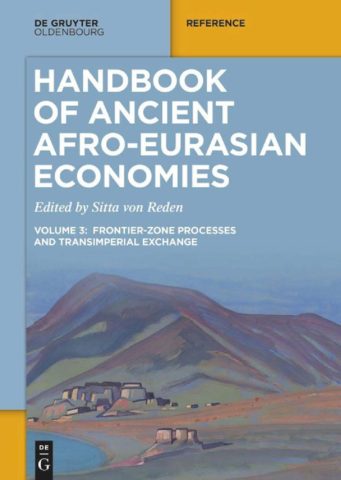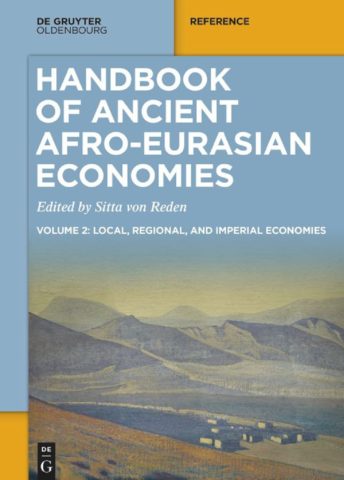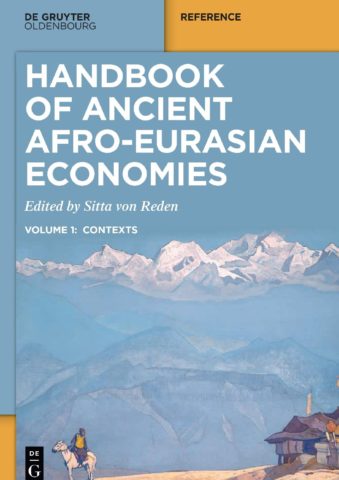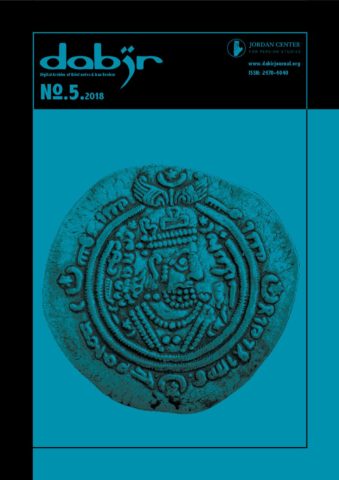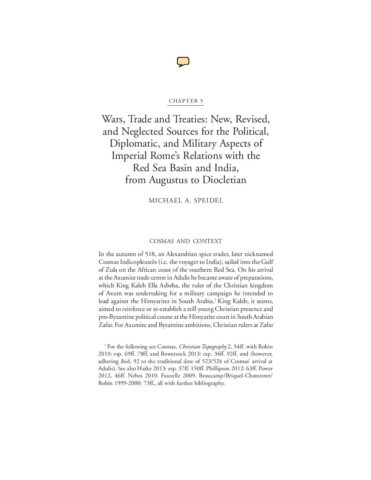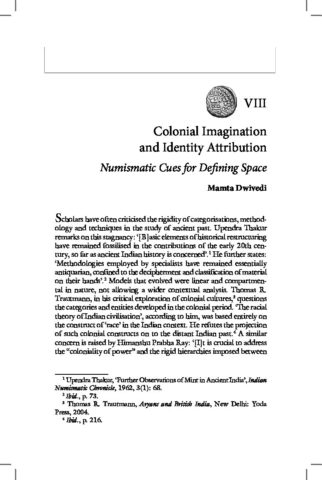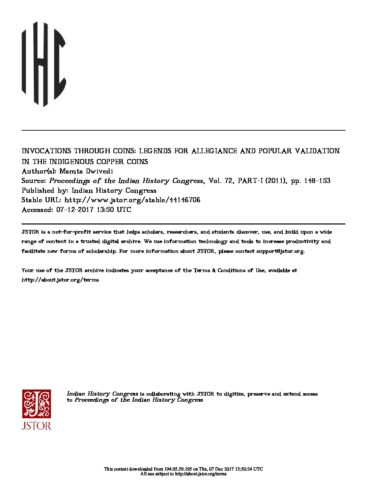Region: India
Handbook of Ancient Afro-Eurasian Economies Volume 2: Local, Regional, and Imperial Economies
The second volume of the Handbook describes different extractive economies in the world regions that have been outlined in the first volume. A wide range of economic actors – from kings and armies to cities and producers – are discussed within different imperial settings as well as the tools, which enabled and constrained economic outcomes.
Handbook of Ancient Afro-Eurasian Economies Volume 1: Contexts
Language and Legend in Early Kushan Coinage: Progression and Transformation
This paper discusses the
transformation of the language from Greek to Bactrian which was as a
result of the coinage becoming imperial and a cultural reaction to
changing social and imperial requirements rather than the opposition of
a ruler to the former language and tradition.
Indien in Ägypten: Globalhistorische Perspektiven auf die ptolemäische Herrschaftsrepräsentation im hellenistischen Ägypten
Speaker: Sitta von RedenLecture series „(Proto) Globalisierungsphänomene in Antiken Welten“, University of Innsbruck, 18:00-20:00
Comparing ancient European and Indian Empires: How, what and why
Speaker: Sitta von RedenThe India International Centre in co-operation with the Jawaharlal Nehru University New Delhi, Delhi 18:30-20:00
Wars, Trade and Treaties. New, revised, and neglected sources for the political, diplomatic, and military aspects of imperial Rome’s relations with the Red Sea basin and India, from Augustus to Diocletian
In: K. S. Mathew (ed.), Imperial Rome, Indian Ocean Regions and Muziris: New Perspectives On Maritime Trade. New Dehli: 83-128.
This paper discusses new, revised, and neglected sources for imperial Rome’s economic, diplomatic, and military activities in the Red Sea basin and on the Indian West coast. It also explores Rome’s military and diplomatic investment
Colonial imagination and identity attribution: Numismatic cues for defining space
- published in H.P. Ray (eds.) Negotiating Cultural Identity: Landscapes in Early Medieval South Asian History (New Delhi: Routledge, 2015)This paper aims to focus on the fixation in the study of early historical coins with colonial categories, i.e. the ‘imperial’ versus the ‘tribal’ coins. Under discussion here are the types of copper coins bearing the legends- janasya, gaṇasya, or janapada or the names of the issuing community. These coins, since the
Invocations through Coins: Legends for Allegiance and Popular Validation in the Indigenous Copper Coins
This paper tries to understand the extra-economic aspect of the coins. The questions asked in this paper are: whether the change in the legend of coins may represent the formation of a federation of polities? Whether with the extension of the region under federation/conglomeration the name of geographies associated with the polities are dropped and
